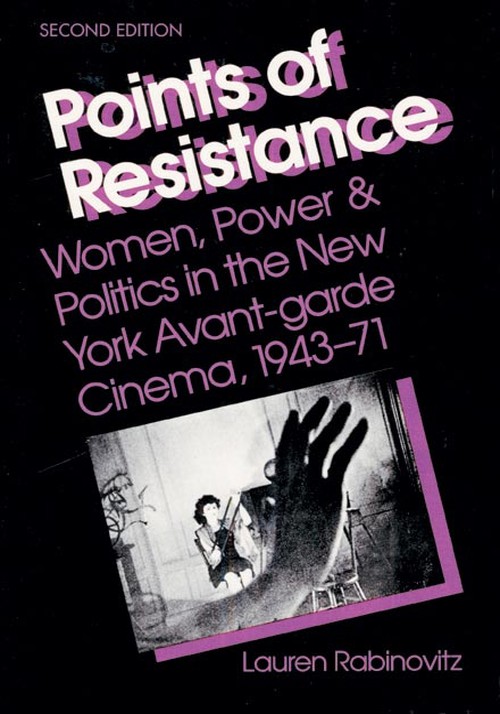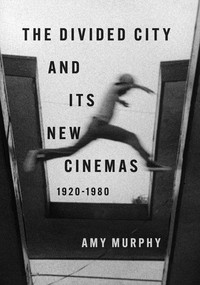
Points of Resistance
About the Book
In detailing the relationship of three women filmmakers’ lives and films to the changing institutions of the post-World War II era, Lauren Rabinovitz has created the first feminist social history of the North American avant-garde cinema.At a time when there were few women directors in commercial films, the postwar avant-garde movement offered an opportunity. Rabinovitz argues that avant-garde cinema, open to women because of its marginal status in the art world, included women as filmmakers, organizers, and critics.
Focusing on Maya Deren, Shirley Clarke, and Joyce Wieland, Rabinovitz illustrates how women used bold physical images to enhance their work and how each provided entrée to her subversive art while remaining culturally acceptable. She combines archival materials with her own interviews to show how the women’s labor and films, even their identities as women filmmakers, were produced, disseminated, and understood. With a new preface and an updated bibliography, Points of Resistance simultaneously demonstrates the avant-garde’s importance as an organizational network for women filmmakers and the processes by which women remained marginal figures within that network.
About the Author
Lauren Rabinovitz is an associate professor in the American Studies Program and communication studies department at the University of Iowa, and the author of For The Love of Pleasure.Reviews
"Recent feminist film theory has often called for a new kind of nonpatriarchal, resistant filmmaking practice. Rabinovitz convinces us that, in the case of Deren, Clarke, and Wieland, this practice has been articulated strongly since the 1940s, if only theorists had bothered to look for it."--Donald Crafton, author of Emile Cohl, Caricature and Film."Rabinovitz makes a very strong contribution to the history of film and to recent social history."--New York History




